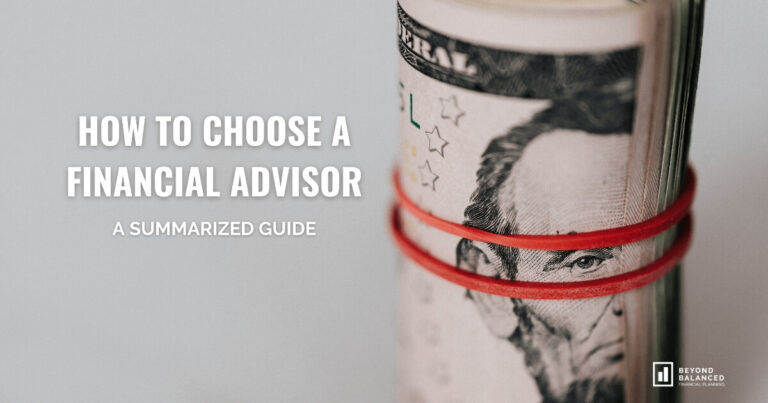One of my favorite books is Daniel Kahneman’s Thinking, Fast and Slow. He explains that we have two systems of thinking. “System 1” is fast and comes from an emotional response. “System 2” is slow, it is more deliberate and logical.
When it comes to making financial decisions, we as humans, typically respond with a very emotional response. “I want that, I need that, this was made for me!” I don’t know how many times I’ve said this or have heard someone else say this. It’s just what we do and it’s hard to fight against that emotional response. I mean … nature is a pretty powerful force!
So how do we overcome the quick-to-act, almost instinctual response we have when facing major financial decisions that can impact the rest of our lives?
1. Slow Down
Don’t be too quick in making a decision. While you may think you’re acting logically, give yourself a few days at the very least to let everything sink in. Especially when it comes to sales tactics, I’m pretty sure salespeople take advantage of our System 1 thinking and encourage us to act on emotion. If you ever hear somebody say “this offer is only good for today,” well, that’s my queue to walk away.
2. Consider Your Means
Making a major decision out of thin air is obviously not a very good idea. You have to look at the decision from all angles. Build it into your budget; not just the cost of the purchase but the ongoing costs. For example, a vehicle purchase has ongoing fuel, insurance, and maintenance costs. A $600 monthly payment can quickly turn into a $1,000 monthly payment if you’re not careful. So ask yourself whether a major financial change is really within your means, or is it just instant gratification?
3. Create a List of Outcomes
Here is where you should be looking at the “what-if” scenarios. If you made this big financial decision and everything goes great, then hooray … you made a great decision. What happens when things don’t go as planned? Say you move across the country for a new job opportunity and get laid off in six months. Or, you chose to remodel your kitchen yourself only to realize all the work you’ve done needs to be redone by a professional. If you think that there isn’t anything that could possibly go wrong, this should be a sign that your System 2 thinking isn’t working!
4. Think About Your Future
Every financial decision is a tradeoff. Either you sacrifice savings for an item or experience, or you keep your money and forego the purchase. Either way, it comes down to priorities and what is important for you and your family. If you have a goal in place to buy a vacation home in 15 years, then it may not make sense to buy a new car every 4 years. Buying a latte every day isn’t going to affect you, however, making a major financial decision can have a bigger impact on your future and potentially jeopardize your family’s goals.
5. Discuss the Decision
Talk your decision over with someone you trust and respect, but also someone who doesn’t always agree with you. This has a couple of benefits. First, it forces you to actually understand the “why” behind your decision from a logical perspective because you have to explain it to someone else. Secondly, it gives you the advice you need from an uninterested third-party. By getting this honest feedback, it may help you see your true motivations and help you determine whether you’re moving towards the life you’ve always dreamed for yourself.
Need some help with your decision? Having an objective third-party to walk you through the decision process can be a big help! As a fee-only financial planner, part of my job is to give impartial advice. Want to learn more? Let’s talk about how working with a financial planner can empower you to make those major financial decisions.









